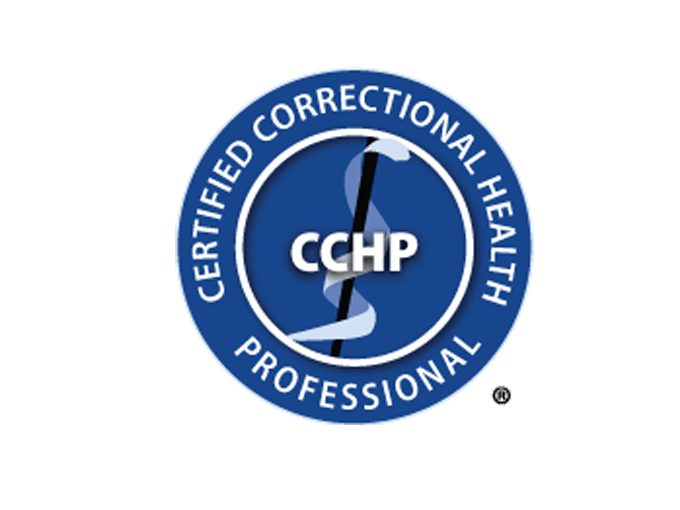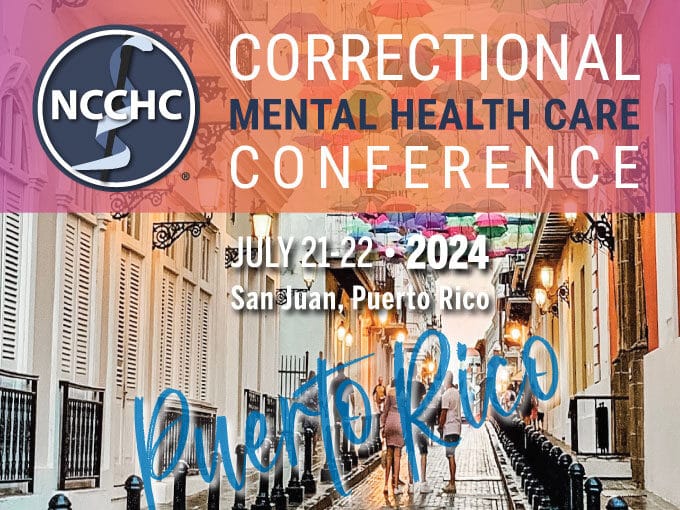
Standards Q&A: 75% Custody Health Training Requirement
Does the 75% requirement refer to all custody staff or only those working during
Home Abuse of Incarcerated People Position Statement Updated
 Apr 28, 2022
Apr 28, 2022Correctional health professionals have a fundamental duty to the clinical care, physical safety, and psychological wellness of their patients.
NCCHC has revised its position statement on Correctional Health Professionals’ Response to Abuse of Incarcerated People to guide correctional health professionals should they witness or become aware of an incarcerated individual being subjected to neglect, abuse, or mistreatment. That includes physical or mental abuse, sexual abuse, torture, neglect, disrespect, financial exploitation, and other harmful actions.
Despite the increasing professionalism and improved safety in our nation’s prisons, jails, and youth confinement facilities, mistreatment of incarcerated people does occur. This position statement addresses the dilemma of a health professional who is asked to participate, even indirectly, in mistreatment of an incarcerated person or witnesses such mistreatment or mental health consequences.
First adopted in 2007, this position statement is as important as ever. The latest version uses contemporary language and streamlines the discussion, but stays laser focused on the essential points: correctional health professionals must identify and report incidents of mistreatment to the appropriate authority, and they are NOT to:
You can read the statement in its entirety, or view all NCCHC position statements.


